How stress can affect calf health and performance
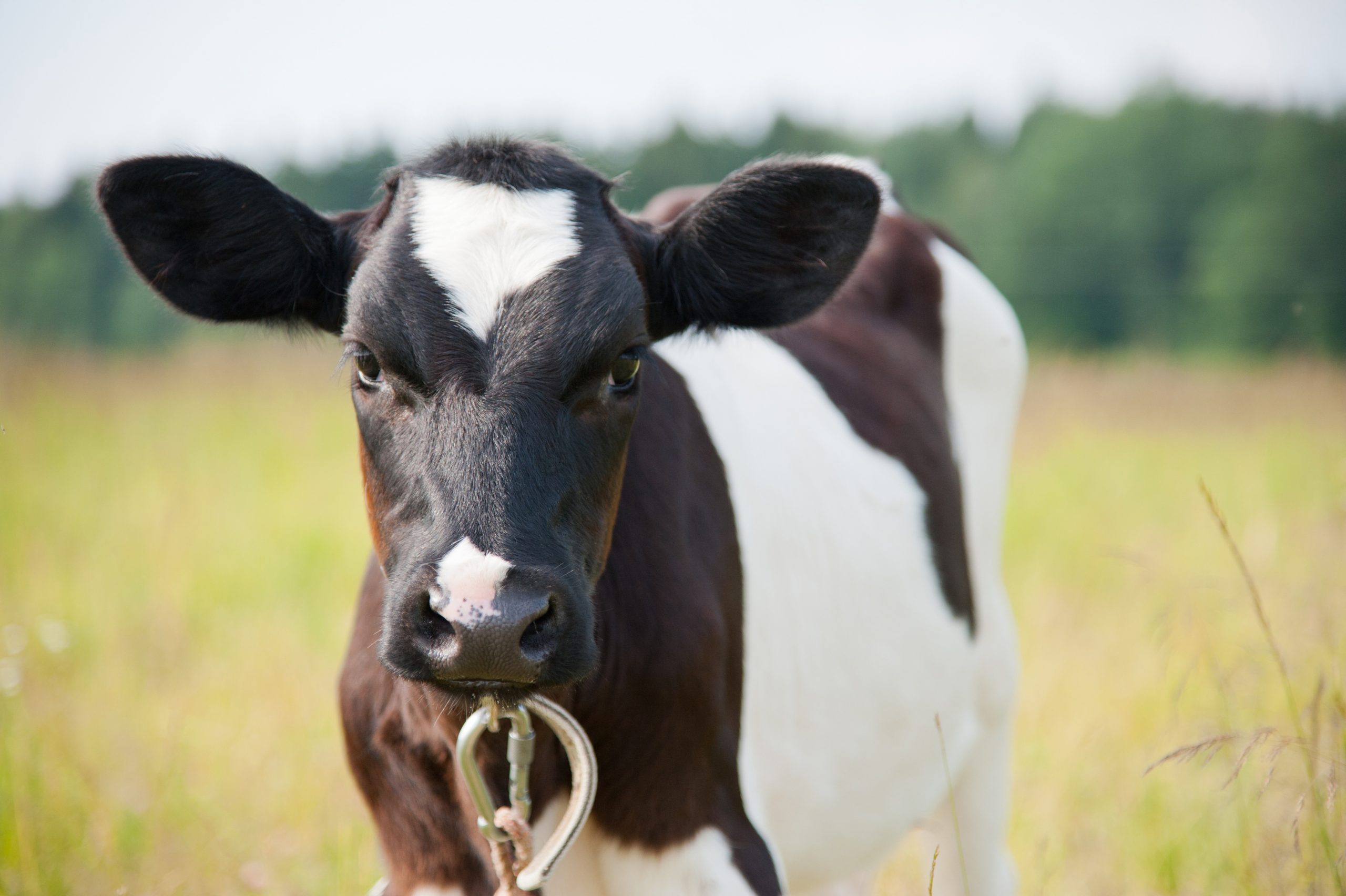
The beef production goal is to have healthy animals that can achieve the maximum genetic potential with less cost. Animal health is not just related to diseases caused by a pathogen agent or metabolic/physical problems but also caused by stress factors.
External stress is defined as ‘the result of exposure to a situation or environment that is not normal for an animal’. In beef cattle production, handling and transport can be the biggest source of stress for the animals. According to Grandin (1997), animals can suffer psychological (restraint, handling, and novelty) or physical stresses (hunger, thirst, fatigue, injury and thermal extremes).
Adapting to a new environment
A great deal of producers/farmers buy calves from different places/properties even states. When these new calves arrive, the common signs of stress are thirst, hunger, fatigue and scared animals; also, the arrival in a new environment with new social interaction with an unfamiliar group is an added stress. The results are a series of endocrine responses that directly affects the metabolism interfering with the immune system, health, growth, reproduction, animal welfare and meat quality.
Mortality and morbidity occur and medicine and veterinary costs and lower production indexes are a further reality. The ideal situation is to obtain animals from the same farm and maintain them in the same group, provide water and feed with high quality and palatability with easy access, avoid unnecessary handling and different people, etc. The use of feed additives can help the rumen flora, strengthening the immune system and decrease contamination of pathogens and can also collaborate with the general health and animal response to face the problem.
Reducing stress with yeast
Yeast has been widely used in ruminant nutrition as a functional feed additive, and there is extensive literature which proves its benefits. RumenYeast, produced by the Brazilian company, ICC, is pure Saccharomyces cerevisiae yeast which undergoes autolysis and contains the fermentation soluble solids from the media and the internal cell content. The final product contains vitamins, peptides, free amino acids and functional carbohydrates such as MOS and β-glucans. A trial was conducted to understand the benefits of the product on newly arrived beef calves health and performance.
This trial was conducted at a commercial farm in Texas with the support of Texas A&M University (data not published). A total of 100 beef heifers with an initial body weight of 258.95 ± 17.46 kg were divided into 2 treatments:
- Control group
- RumenYeast supplementation (9 g/head/day).
Replicating typical market conditions
The animals were housed in 20 pens (6 x 6 m) of 5 animals per pen. A local cattle buyer purchased the animals with the goal of having the same type and conditions as the typical market in northeast Texas. The animals were delivered to the research facility in 3 separate groups over 1 week. Once they arrived, the farm protocols for injections (Bovine Respiratory Disease Complex, Clostridium Complex) and deworming were applied.
It is important to mention that during the trial (6 weeks) there were significant temperature and rainfall fluctuations which can increase stress levels in cattle. The animals background ranged widely, from having obviously been treated (vaccinated, etc.) to cattle, which had never been handled before. The cattle were fed 3 times a day with 3.17 kg/head/day of a commodity blended feed and increasing amounts of Bermuda grass until intakes reached 1% of daily offered feed was refused. Feed refusals were collected daily, and body weights were measured weekly.
No change in voluntary intake
The voluntary intake did not change between the treatments (P>0.05). However, both treatments increased over time (Table 1). It was speculated that the high forage composition of the diet and the ability of the cattle to sort longer forage particles might have resulted in the lack of variation among treatments. Moreover, environmental conditions (i.e., periods of high rainfall, temperature variations, excessive mud) may have increased the caloric demand of the animals, thus reducing their ability to gain weight effectively.
Medicinal costs, mortality, and morbidity rates do not show statistical differences (P>0.10). However, based on observations, the cattle that consumed diets supplemented with the product tended to respond better to medical treatments compared to the control group (P>0.10) regarding reducing mortality and morbidity. Also, economic data of cattle fed with RumenYeast indicated a tendency in the improvement of the health and economic performance when compared to control group (Table 2).
Improved immune response
Supplementing diets with the product appears to increase immune function due to the findings on health parameters and a numerical decrease in mortality and morbidity, and response to treatments in these cattle. This potential immune response improvement allows a quicker recovery when the animals are treated leading to fewer re-treatments. Consequently, this results in a reduction of production costs and labour requirements.
Furthermore, the product helps to modulate and support the rumen flora to speed up the digestion of cellulose and hemicellulose, stabilise the rumen pH under conditions of feed or caloric stress, and increase the production of volatile fatty acids. The presence of the yeast cell wall rich in β-glucans and MOS will help in strengthening the immune system and control pathogen contamination in the gut.
References available on request
Authors: Melina Bonato and Liliana Borges, ICC Brazil
Join 26,000+ subscribers
Subscribe to our newsletter to stay updated about all the need-to-know content in the feed sector, three times a week. Beheer
Beheer
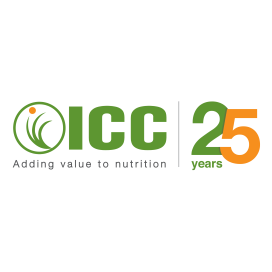
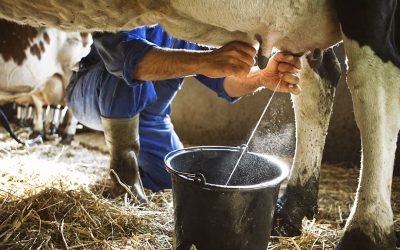
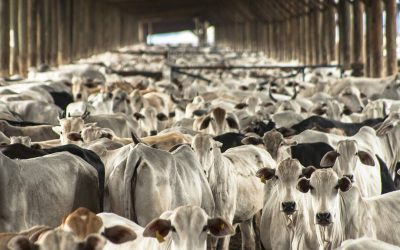
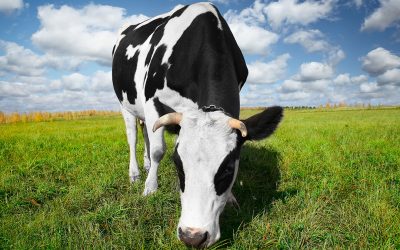
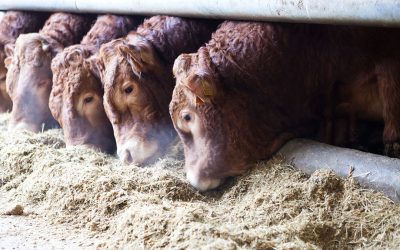
 WP Admin
WP Admin  Bewerk bericht
Bewerk bericht